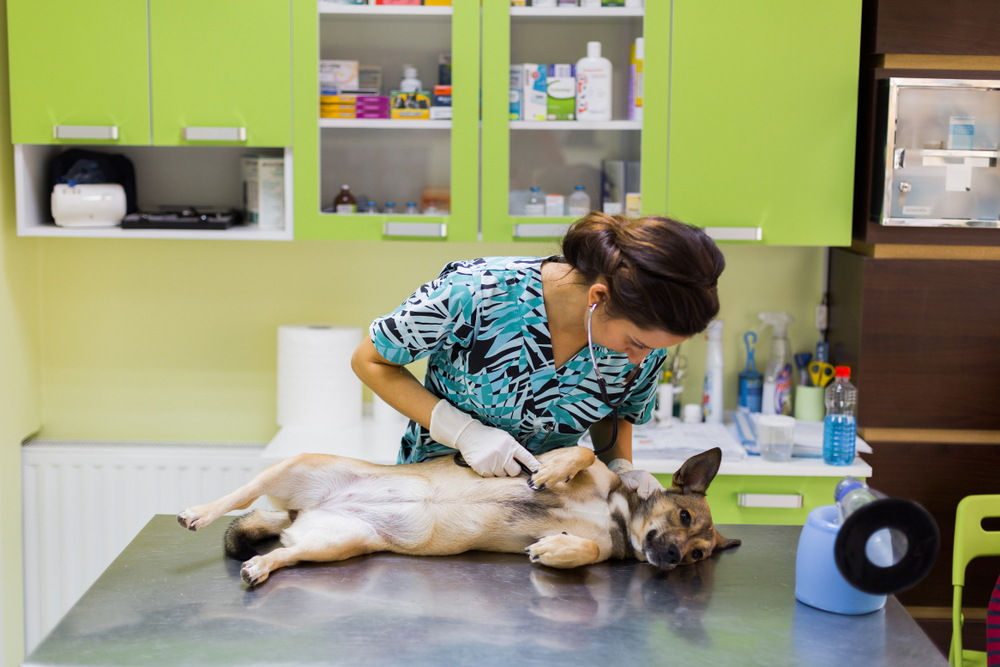
In a study commissioned by Bayer, it was revealed that 7 out of 10 people actually care more about and prioritise the health of their pets compared to their own. Many of the health conditions, diseases, and problems that dogs are commonly afflicted with are similar to those that humans suffer from.
Fortunately, many of these conditions are treatable if caught early. If you have a pet dog that is part of your family, it is important for you to know about dog pancreatitis- one of the more serious medical conditions they suffer from, to ensure that your lovable companion remains healthy and lives a long and happy life!
What is dog pancreatitis?
Simply put, pancreatitis in dogs is a medical condition that refers to the inflammation and swelling of the pancreas. The disease is generally subdivided into two types based on severity- mild and severe. Another variation of the disease is based on the duration or length of time a dog suffers from the disease. This can be acute or chronic.
The onset of acute pancreatitis is sudden and more severe, whereas chronic pancreatitis symptoms manifest over an extended period of time.
Pancreatitis develops when pancreatic enzymes are prematurely activated which results in the self-digestion of the pancreas itself. The most common symptoms related to pancreatitis are pain, vomiting, diarrhoea and inappetance.
What is the cause of pancreatitis in dogs?
There are many factors responsible for the development of pancreatitis in dogs. Here are some of the most common ones:
- High fat, low protein diet
- Inactive, mature, and overweight dogs who eat unhealthy food
- Consumption of rancid and fatty leftovers
- Medications associated with pancreatitis include corticosteroids, potassium bromide, and phenobarbital, diuretics, and antiepileptic drugs. In short, dogs who suffer from other serious medical conditions are at risk of developing pancreatitis as a result of medication intake.
How can we avoid our dogs from developing pancreatitis?
Even when dealing with canine medical conditions, the adage, “prevention is better than cure.” applies perfectly. As the top cause of pancreatitis is an unhealthy diet, it is only sensible to make sure your canine’s diet consists of healthy food items only.
Avoid giving them food items that trigger pancreatitis such as fatty scraps. If you have the means to buy premium low fat dog foods, make sure to do so. Pancreatitis treatment in dogs may often have to be life long. If you want to keep pancreatitis at bay, make sure to keep all rancid or spoiled foods away from reach. Regular checkups are a must for ageing and overweight dogs.
Lastly, never fail to give your dogs the attention that they need on a daily basis. It’s only through constant interaction with them that you identify their needs and detect any symptoms that may signal distress or disease.
To know more about pancreatitis in dogs, click here! If you’re looking for top-notch care for your beloved pets, call us now on 07 3353 6999 to schedule an appointment.

